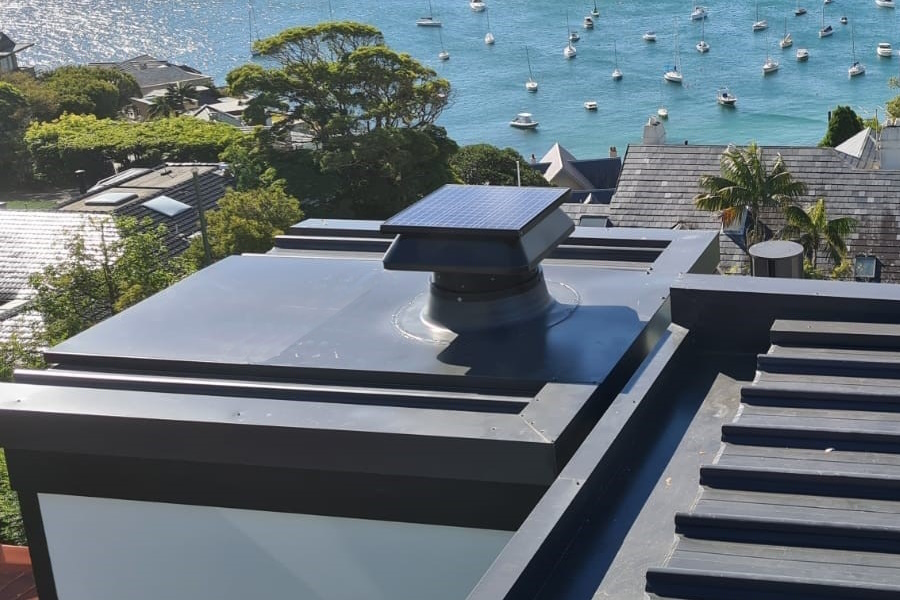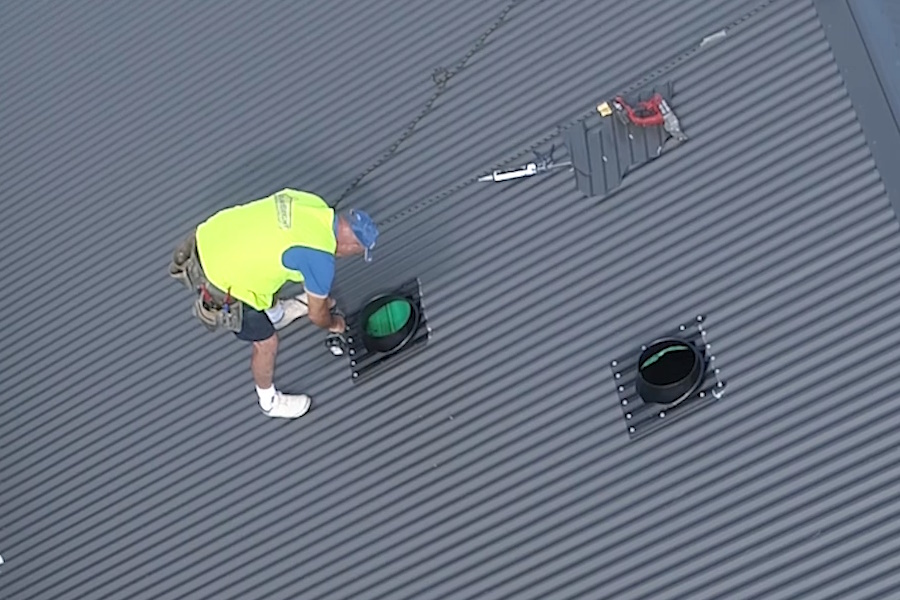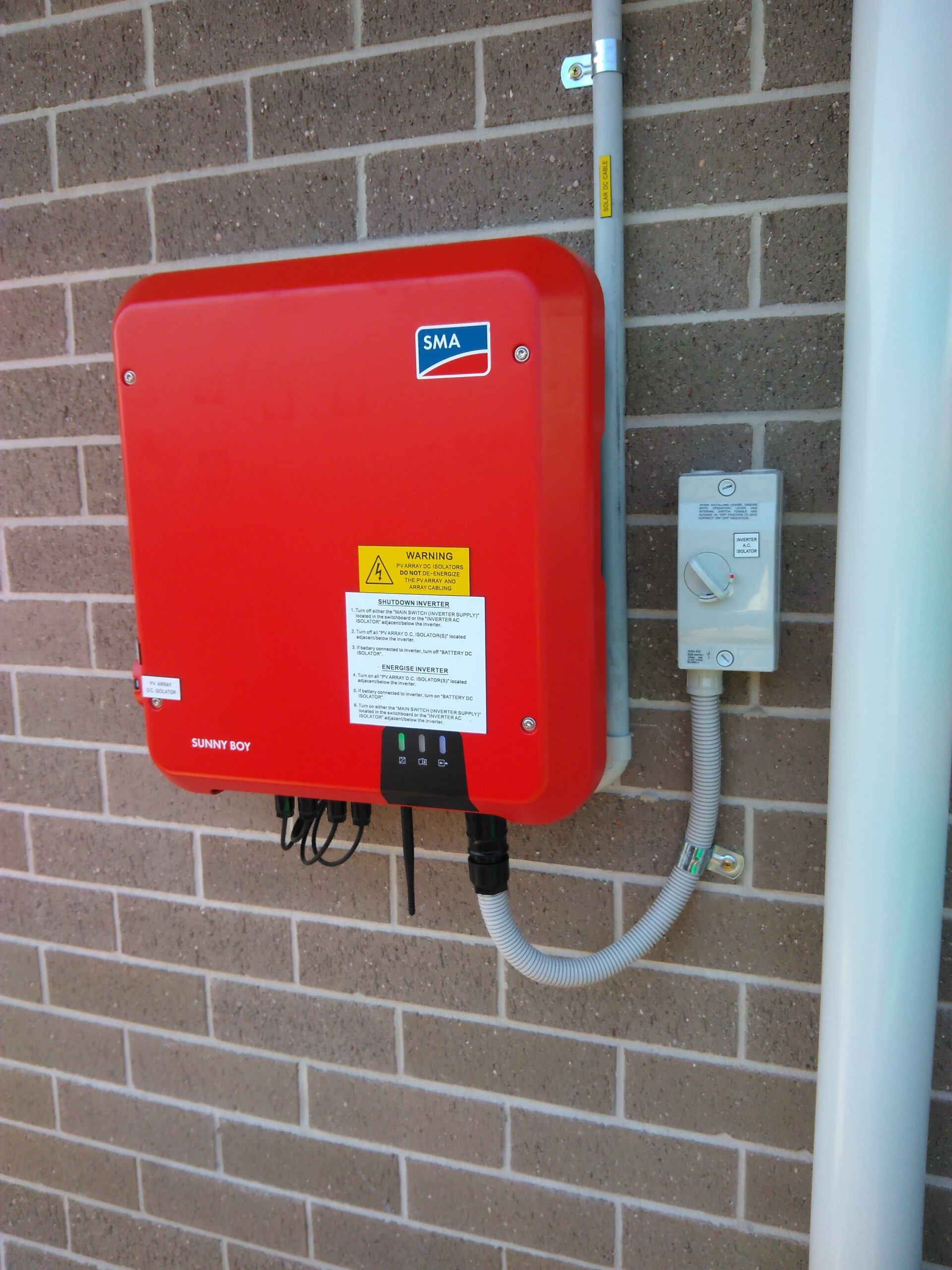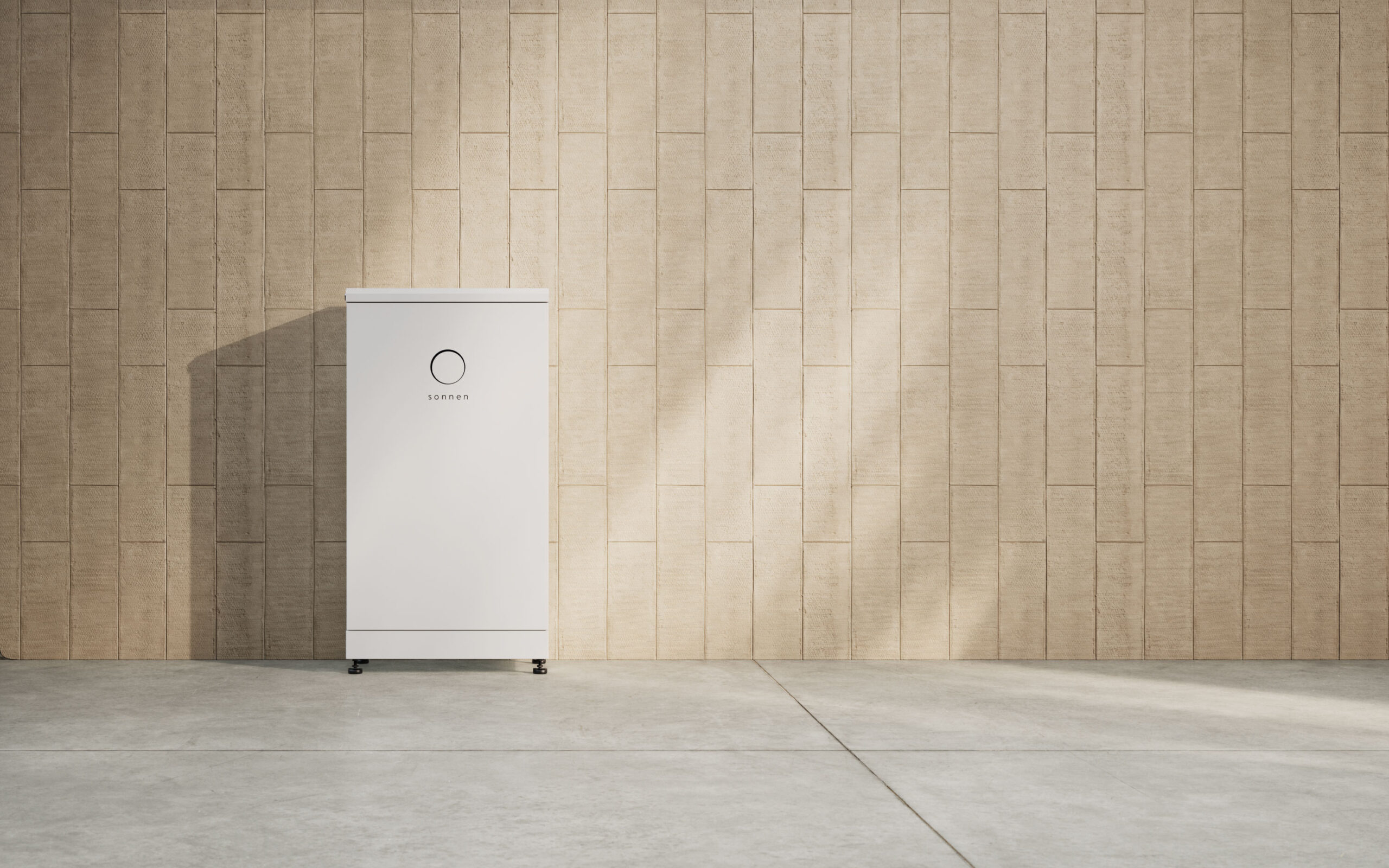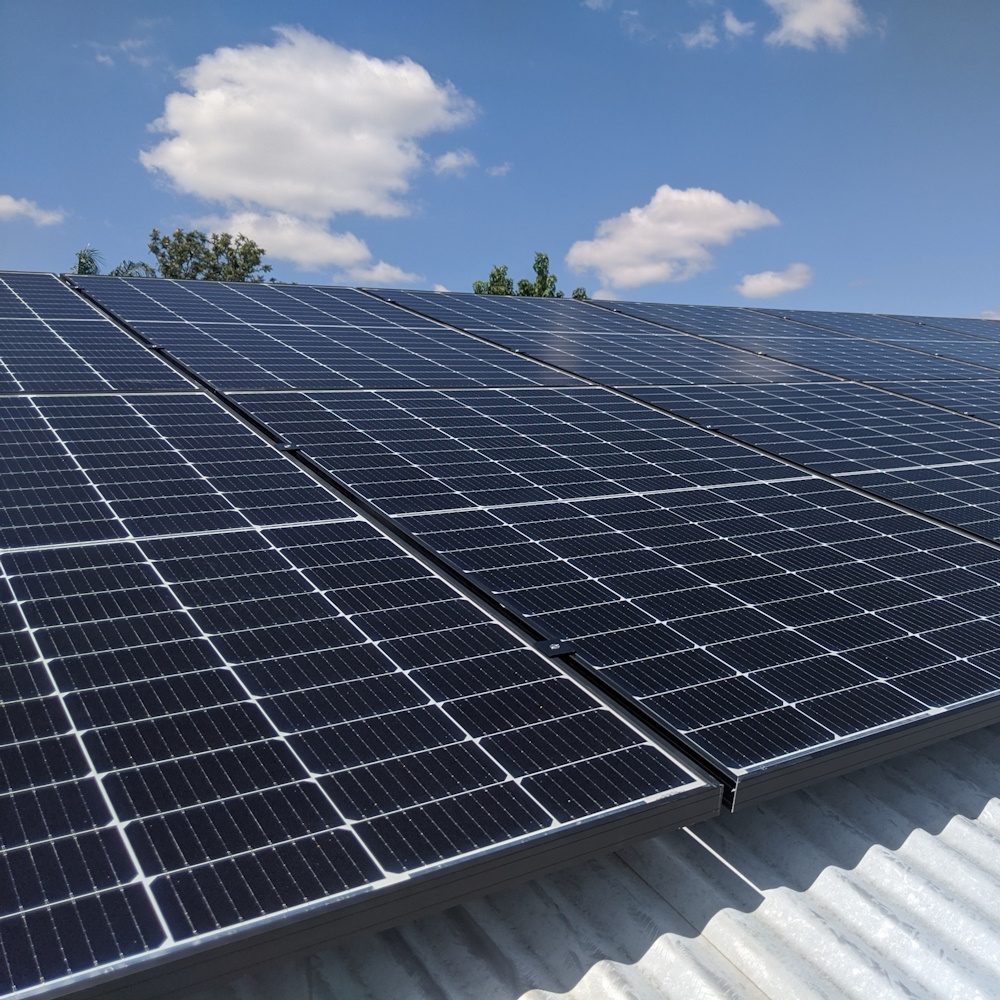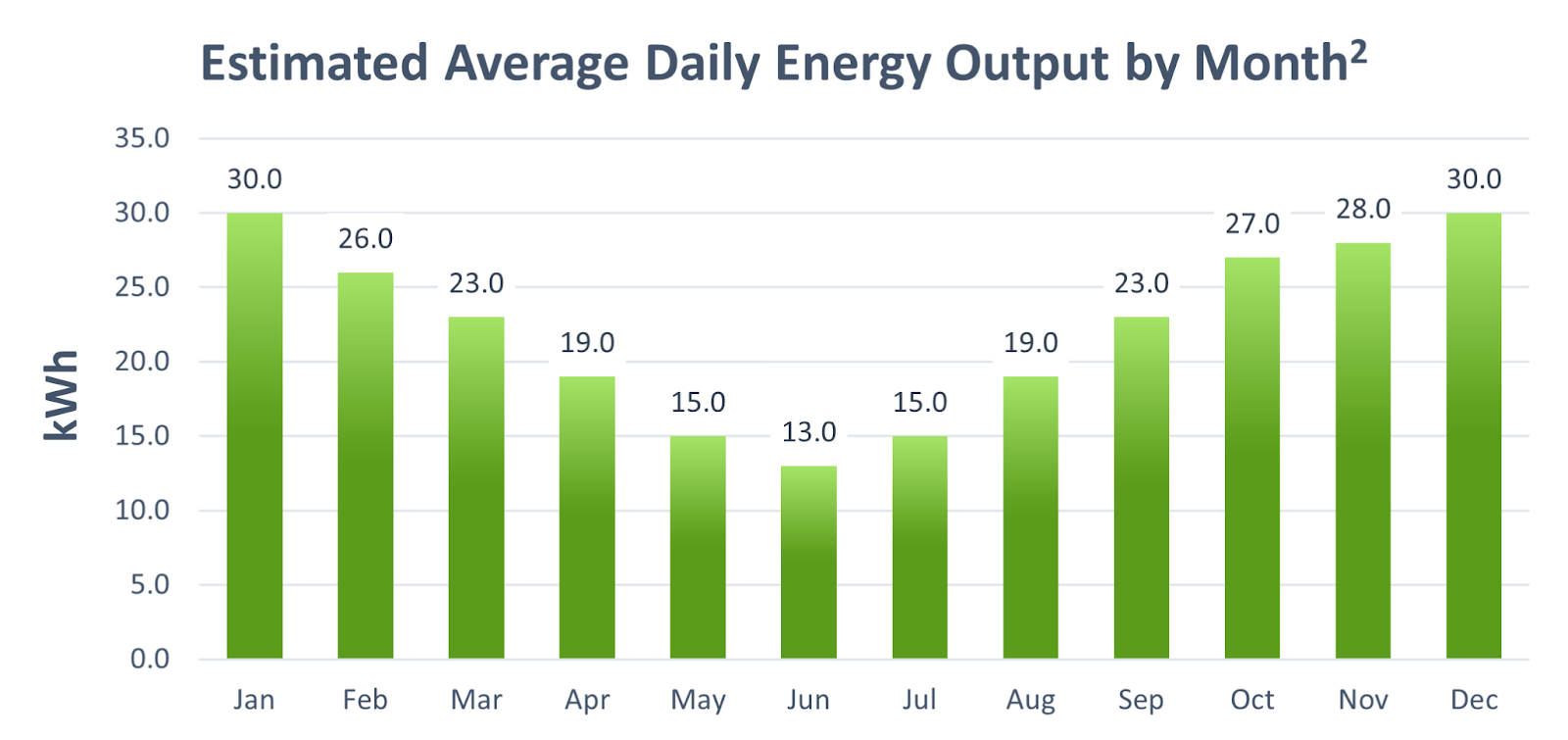Most people want some nice fresh air flowing into their homes, especially during summer. With no ventilation, homes become stuffy and uncomfortable, making air circulation a priority. You don’t always want to have your windows open in warm weather because it may allow too much light and heat in. So, how do you find the right balance? With quality roof ventilation systems from SolarBright!
In this article, we’ll look at roof ventilation’s benefits and explore Solar Bright’s range of products that help keep your home healthy.
The Benefits of Investing in Roof Ventilation
There are several benefits to installing high-quality roof ventilation in your home. Fresh air flowing into the home is always nice, but there are other benefits you may not be aware of. Here are just a few:
Better Air Circulation
Nobody likes a stuffy room, and air circulation is crucial to avoid it. Many people think that roof ventilation is only for your roof area, but more advanced systems also circulate into your home’s rooms. As you remove stale air from inside your home, fresh, clean air replaces it. This extra air circulation can prevent dampness, mould and even illnesses associated with breathing unclean air.
Reduce the Risk of Damp and Mould
One of the primary reasons people invest in roof ventilation is to protect the roof cavity. Because your roof feels the full force of the summer sun, it gets very hot in the roof cavity. When heat builds up in a small space, it causes condensation. The resulting liquid from condensation can lead to mould and rotting timber.
When timber rots, it damages the structural integrity of your roof, ceiling and more. Heat can always escape the roof cavity by installing roof ventilation as fresh, clean air flows in.
Lower Heating and Cooling Costs
When hot air gets trapped in your roof cavity with nowhere to go, it needs to find an escape route. With no ventilation on your roof, it’s likely that hot air will escape into your home, putting more pressure on your air conditioner. Heating and cooling systems are expensive to run, so you need ways to reduce how hard they work.
By allowing hot air to escape your roof cavity the right way, the inside of your home remains cooler. As a result, your air conditioner doesn’t work as hard, and you save money on electricity bills.
Increase your roof’s lifespan
If you’ve ever had to replace a roof, you’ll know it’s not a cheap exercise. Re-roofing is expensive and, therefore, something homeowners should avoid where possible. The damage caused by condensation, dampness and rot will ultimately lead to the need for roof repairs. So, install roof ventilation and extend your roof’s life considerably.
Now that you know the benefits of roof ventilation, let’s look at some of SolarBright’s most popular ventilation products.
MaxBreeze Solar Roof Ventilation
Many homeowners have discovered the benefits of installing the MaxBreeze solar-powered roof ventilation system. Powered by a solar panel, a small brushless motor drives a fan that efficiently pushes hot air out of your roof cavity. It also allows fresh air to be drawn in, cooling the space considerably.
Best of all, the MaxBreeze Solar Roof Ventilation can be easily installed and is cost-effective to run since it uses free solar power. A thermostat controls the system, meaning it will only turn on when the roof cavity reaches 2 degrees Celsius. The in-built lithium battery stores solar energy, too, so your system will even work at night or when the sun isn’t shining.
By cooling your roof cavity so effectively, the MaxBreeze also helps you save money on cooling costs while protecting your roof from dampness and rot.
Aura Mechanical Roof Ventilation
Simple but effective, the Aura mechanical roof ventilation system works with a low horsepower fan that pushes hot air out of your roof cavity. It features a sleek, modern design, so it won’t look out of place on your roof. But it will certainly prevent your roof from mould, damp and rot.
It also uses an inbuilt thermostat, giving you greater control over its operation. The fan itself is powerful yet silent, so you won’t even know the system is working.
Aura Room Ventilation
An extension of the Aura mechanical model, the Aura Room ventilation system helps more than just your roof cavity. Provided your roof is suitable, the Aura Room system draws hot air from your living areas and sends it outside where it belongs. This occurs using a small fan on your ceiling to pull air through a duct that meets with your roof vent. So, if you have trouble keeping your indoor spaces cool in summer, the Aura Room system is the perfect solution.
Whirlybird Roof Ventilation
One of the most popular ways to keep your roof cavity cool is with a whirlybird. It’s not new technology, having been around for decades, but it is extremely effective. Simply put, the whirlybird system on your roof uses wind to spin, thus pulling hot air from your roof cavity and replacing it with clean air.
a benefit of a whirlybird is that it’s fully powered by the wind. No electrical setup is necessary, and therefore no running costs. However, it may not be the most effective solution if you live in a very calm area with little wind.
Passive Roof Ventilation
Perhaps even more basic than the whirlybird, passive ventilation is a vent installed on your roof. It doesn’t require wind, sun or electricity to operate, making it a great set-and-forget solution. SolarBright offers several different roof vent styles, and they can even include a clear cap to let sunlight in.
Looking for quality roof ventilation in Sydney?
If you’d like to protect your roof, save money on heating and improve household comfort levels, we’re here to help. SolarBright is your trusted local supplier of roof ventilation systems, solar skylights and solar panels in Sydney. We offer a comprehensive service that includes the right advice every time. We want you to enjoy your home improvement products for years to come, which is why we also offer generous warranties on all roof ventilation systems.
To find out more, contact SolarBright today.
